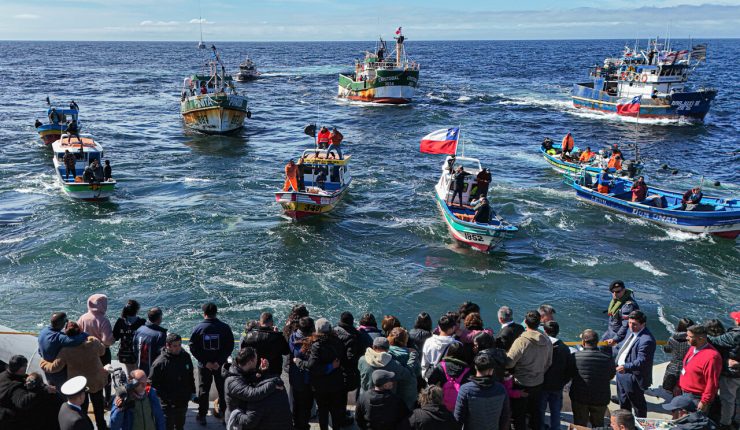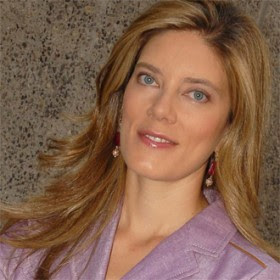Along the shores of Coronel, a tragedy unfolded in the darkness of the early morning. Seven men set out to sea and never returned. What seemed like a routine work accident has turned into a criminal investigation involving one of the largest fishing companies in the country.
The clock struck 02:00 hours on March 30, when all contact was lost with the “Bruma”, a vessel dedicated to artisanal fishing sailing off the coast of Coronel in the Biobío Region.
Aboard were seven fishermen performing routine tasks, unaware that it would be their final day at sea. What happened next has shocked the entire coastal community of southern Chile and raised alarms about the often tense relationship between artisanal and industrial fishing.
Hours later, the boat was found semi-submerged and without any sign of the crew.
There were no activated emergency boats or any signs of rescue. The image of the “Bruma”, broken and adrift, was only the beginning of a complex web of suspicions, allegations, and pain that, more than two weeks after the event, still leaves unanswered questions.
The Day the Sea Fell Silent
José Luis Medel González, Juan Jorge Muñoz Balladares, José Fernando Carrasco González, Julio Eduardo Gallardo Díaz, Carlos Hugo Escárate Ramírez, Jonathan Daniel Torres Saldaña, and the captain of the boat, José Luis Medel Sepúlveda, were the crew members of the “Bruma”. All of them were experienced seafarers. Their names now echo in Coronel, fishing coves, and unions as symbols of a tragedy that could have been prevented.
That Saturday morning, their families, like so many times before, awaited their return after completing the day’s work. But that time, it didn’t happen.
The prolonged absence raised the alarm. And the hours that followed were a mix of anguish, confusion, and a growing feeling that something wasn’t right.
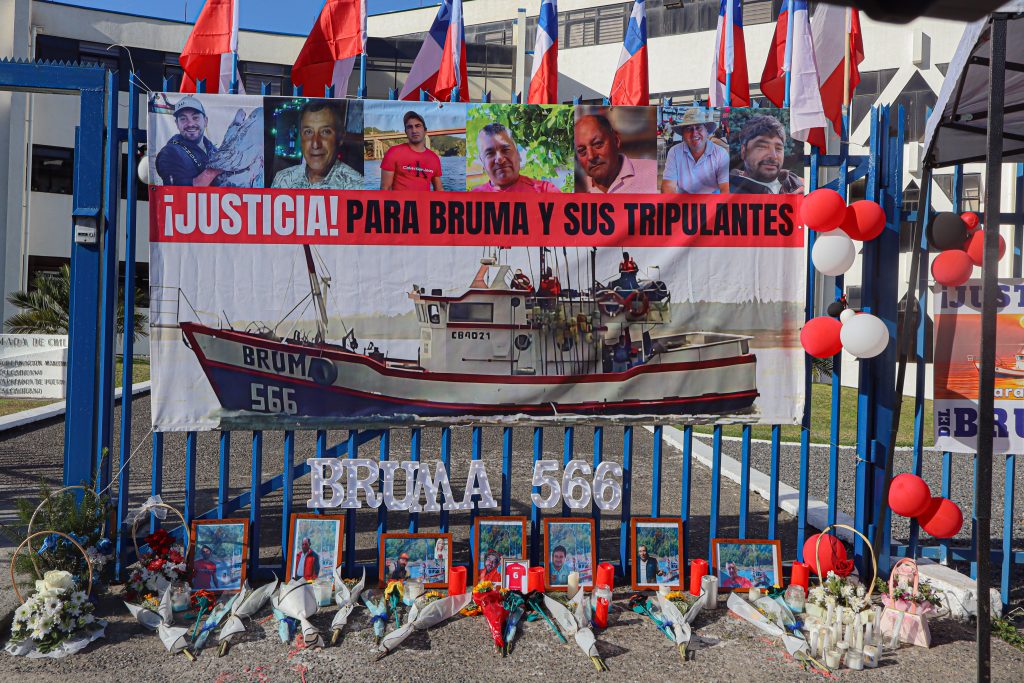
Cover-Up Collision?
The first theories quickly pointed to a collision with a larger vessel.
The suspicion gained traction on April 1, when the industrial ship “Cobra”, owned by the company Blumar S.A., was identified as a possible involved party. The ship was brought to the San Vicente port for analysis. The findings were conclusive: the hull and propeller of the “Cobra” showed traces consistent with a collision.
Despite this, the company denied feeling any impact.
“The crew didn’t feel anything”, declared Gerardo Balbontín, CEO of Blumar.
However, the official version was quickly called into question. The regional prosecutor of Biobío, Marcela Cartagena, confirmed that some crew members of the “Cobra” had been placed under investigation.
Not only that: the case was now being investigated not as an accident but as a possible homicide.
Rafael Poblete, the lawyer representing the families, was firm: “This wasn’t a collision. It was a hit-and-run. They ran over a smaller vessel without taking any precautions”.
For Poblete, the evidence is compelling, and he doesn’t rule out gross negligence on the part of the captain of the industrial vessel.
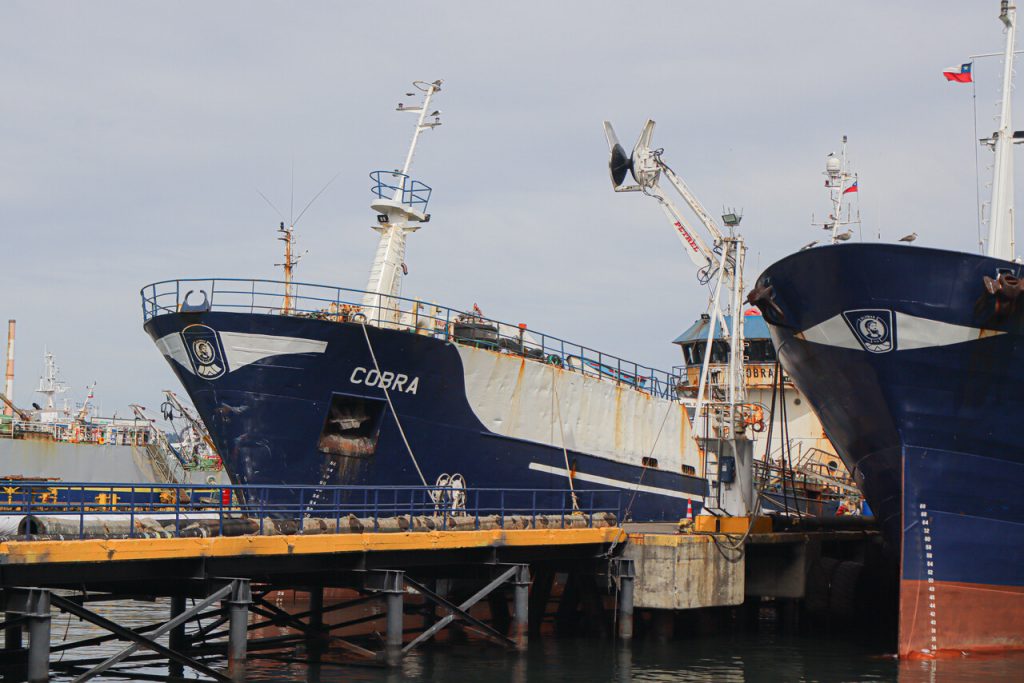
A Witness Vanishes
On April 5, a new development increased the tension. Juan Roberto Sanhueza Ánriquez, a crew member of the “Cobra” who was due to testify before the PDI, mysteriously disappeared.
He had left for a psychological session arranged by the company but never made it to the appointment or returned. A report for presumed disappearance was quickly filed, adding more uncertainty to the case.
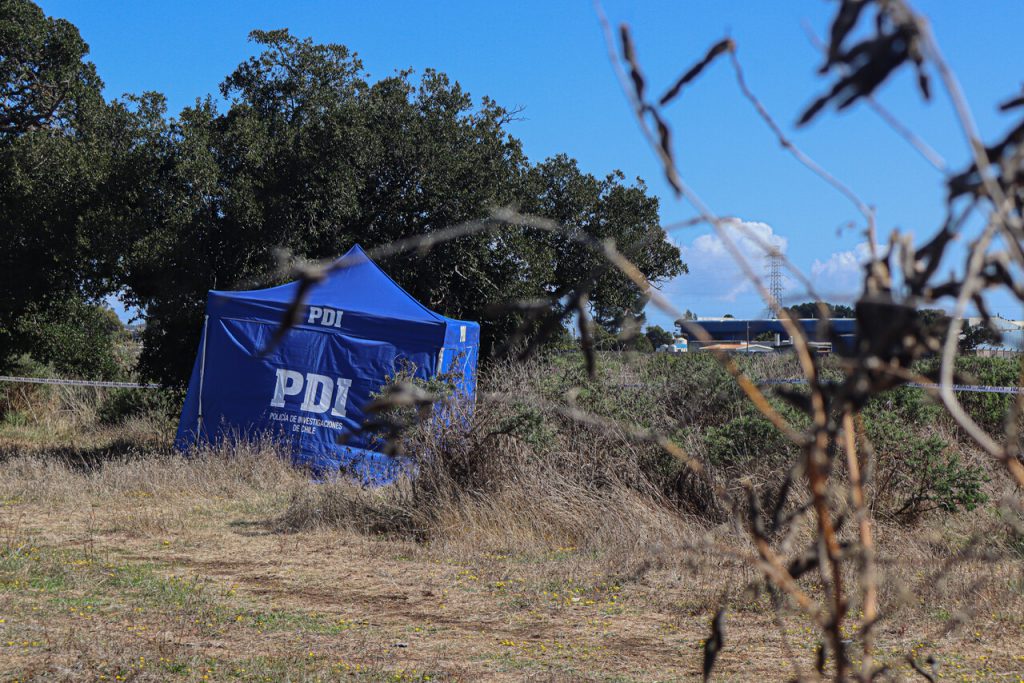
Findings at Sea and a Search that Fades
Between April 3 and 7, the search efforts yielded key discoveries. Personal belongings of the fishermen, clothing, a tent, a shoe, and, most shockingly, the emergency boat, completely closed and unused. Finally, the bow of the “Bruma” was found, severely damaged. The keel was bent, indicating the force of the impact.
The Chilean Navy, after 14 days of continuous searching, announced it would cease operations on April 13.
Despite the deployment of multi-beam sonar and remotely operated vehicles (ROVs), no bodies of the seven fishermen were found.
“The tragedy of the Bruma could have been prevented, and the inaction of the authorities only intensifies the pain that the families are going through,” said Hernán Cortés, president of Condepp and spokesperson for the victims’ families.
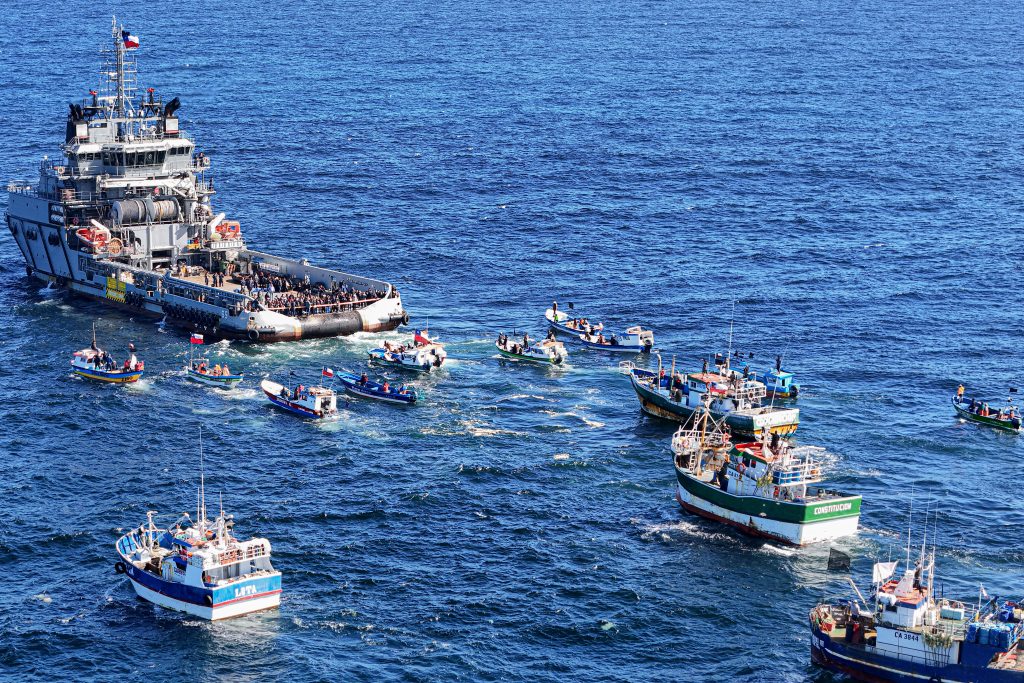
Voices from the Pain
Luis Adue, regional president of Prodelmar, was blunt in an interview with CNN Chile Radio.
“This was a tragedy that was foretold. For years, accidents at sea have occurred that no one highlights. This time it became known because it happened in Coronel, but in other regions, we’ve also had similar accidents.”
He also accused a cover-up: “The industry is hiding something. Injustices keep happening, and the fact that a key witness disappeared can’t be a coincidence”.
The crew members of the “Cobra” broke their silence through a public letter, in which they expressed their deep sorrow for what happened.
“We are going through a period of great uncertainty and anguish”, they stated. Although they denied direct responsibility, they expressed feeling stigmatized: “Some of us can’t even go outside. We’re accused of being the culprits.”
These statements have been heavily criticized by the families of the deceased fishermen, who maintain that the crew members of the “Cobra” are lying and are not seeking the truth behind the tragedy.
“As a family, we make a call to all the crew members of the ‘Cobra’ to tell the truth. It could have been you in the water now… we beg you to come forward and speak,” the families said in a letter, words filled with pain and grief.
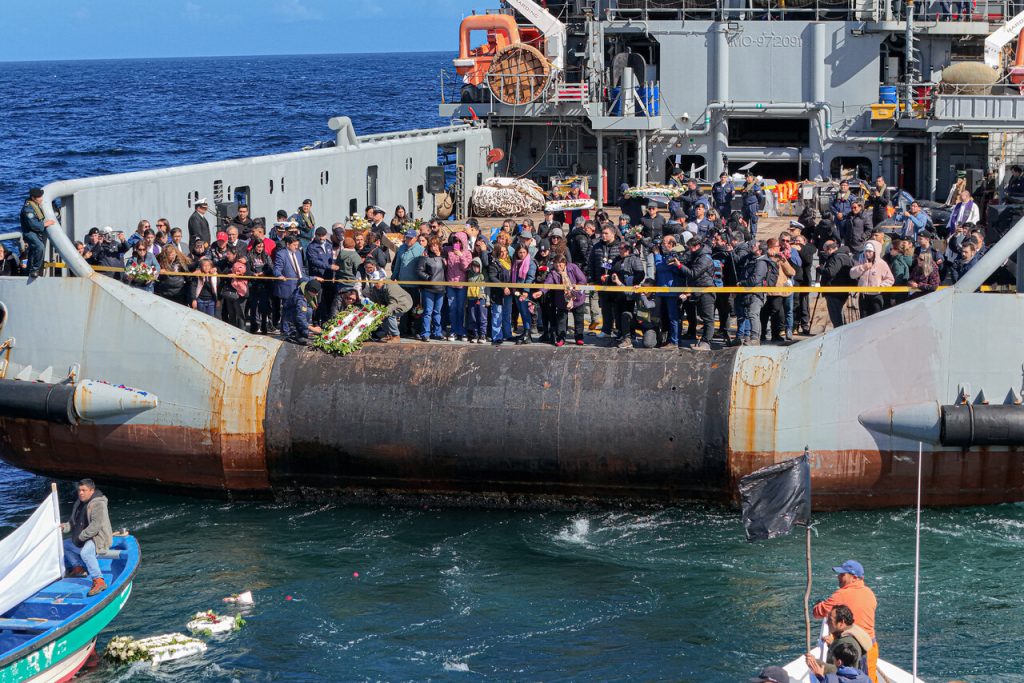
A Tragedy that Calls the Nation
The disappearance of the “Bruma” not only exposes a possible case of maritime negligence. It highlights the fragile relationship between artisanal and large-scale industry, the gaps in oversight, and the lack of safe conditions for those who make a living from the sea.
There are still no bodies. There is still no justice. But there is a community united in pain, that will not forget nor rest until the facts are clarified.
On the shores of Biobío, the name of the “Bruma” will not fade easily. Because behind that word lie the faces of seven men, seven families, and a country that still owes many answers to its sea.


